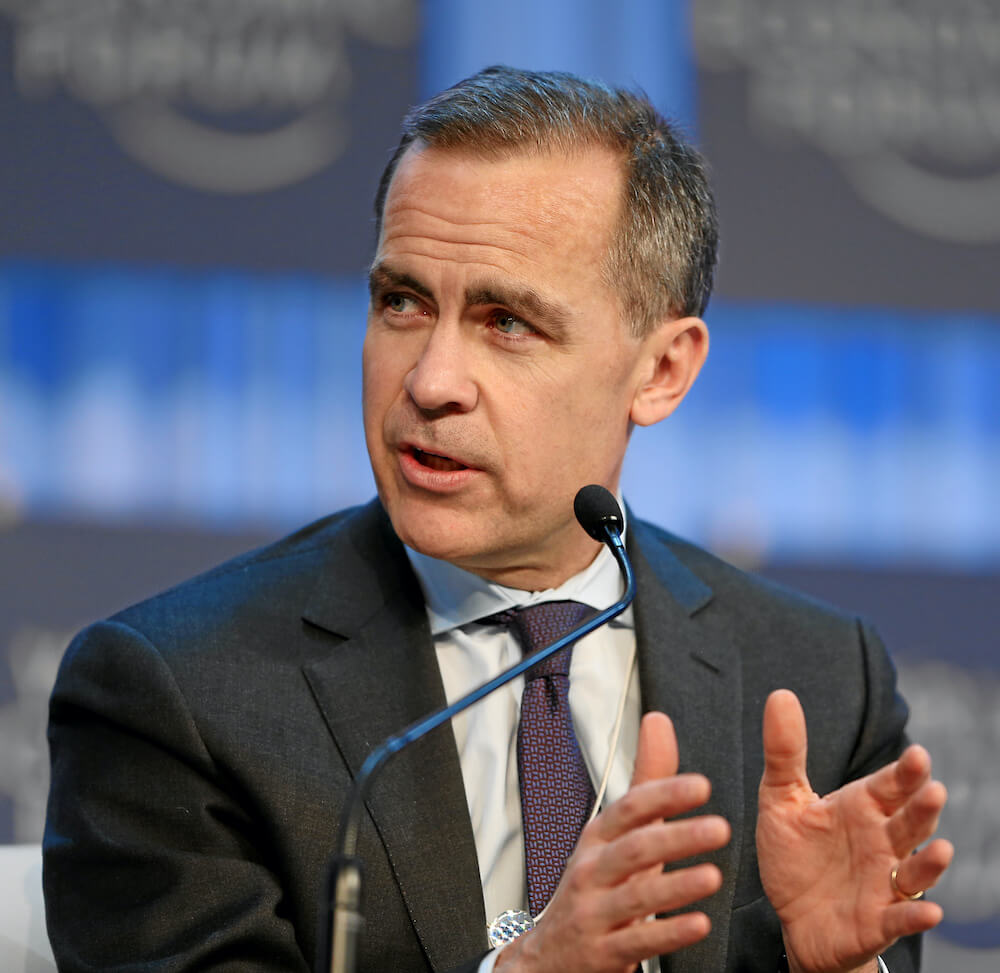Mark Carney made a speech last week and many people had plenty to say about it. But one of his replies during the Q & A deserves more attention than it received.
MP Nate Erskine-Smith asked Carney what he would do about Canada’s large and growing wealth inequality. Carney’s answer was a bit unfocused, but overall, he made two points pretty clearly: 1) Let’s hope wealthy people give more to charity, and 2) We shouldn’t focus only on redistribution.
This was not a serious answer.
If Carney wants to play a constructive role in Canadian public life, he should have thought deeply about the staggering and growing wealth concentration in Canada and around the world. This concentration is creating anxiety and anger amongst many young people, it is destabilizing democratic societies, and he should have something meaningful to say about it.
Given his professional history, Carney knows that the benefits from economic growth in recent decades have increasingly gone to capital rather than workers. Even if he doesn’t want to serve up big pieces of blame pie, he should at least have critical reflections on the role of finance in producing obscene wealth alongside real hardship.
Unfortunately, Carney’s instincts on wealth inequality are reflective of what has been on full display from many business leaders over the past few weeks who have been bestriding our editorial pages to bemoan Canada’s ‘productivity emergency’ — and then having a bit of a fit that some of their capital gains may get taxed at a slightly higher rate.
We share these concerns about the long-term decline in productivity and slow economic growth which have real and negative consequences on our quality of life.
But Canada’s long-standing productivity challenges have been debated for three decades, and while they are well-documented, their causes are not well-understood, the solutions are not obvious and we shouldn’t assume that the solutions — to the extent that they exist and can be acted upon — just happen to coincidentally line-up with all the prior positions and economic interests of corporate Canada.
We are even more concerned that many of Canada’s industry leaders who shape our public debate have seemingly missed the most important economic policy debates of the past 20 years. Around the world, almost no serious person continues to believe that cutting taxes on the wealthy will unlock growth for working and middle-income people.
Most advanced industrial democracies are dealing with inequality and challenges to growth and there is an emerging consensus that rejects market fundamentalism. In many countries, achieving growth comes from investing in things like public transit, childcare, affordable housing, accessible public goods and ensuring that low- and middle-income people have money to spend in the local economy. This consensus, on full display in the United States, believes in strategic state-led industrial policy and new-found respect for organized labour.
So, Carney’s answer was disappointing.
When he was asked about wealth inequality, Carney could have talked about his views on this emerging consensus. He should have talked about housing, and its relationship to both inequality and productivity. He could have shared his thoughts about global processes to confront wealth sheltering and corporate profit shifting.
He could have discussed the need for action on climate change, given its disproportionate impacts on poorer people. He could have talked about how oligopolistic markets hurt working people, innovation and productivity and how we should break them up.
He could have discussed all of the alternative ownership models that are emerging globally to give workers more control and stake in the firms for which they work. He could have talked about how to get more capital into under-served communities and how we should confront the worst features of modern extractive capitalism and private equity.
And when he chose to toss the word ‘redistribution’ on the table, he could have at least noted that we have been living through a period when concentration of ownership is acting as a form of redistribution upwards towards the extremely wealthy. Or that it is important that we stop talking narrowly about income redistribution and focus more deeply on how to broaden ownership of the economy.
But his instinct was to say none of these things.
Authoritarian populists are winning in many places because the benefits of growth over the past two decades have accrued disproportionately to capital. Everyone who aspires to play a constructive role in public life — including Carney — needs to address this head on.
Highly unequal societies — with wealth, opportunity and privilege passed along intergenerationally — are not safe, healthy or happy societies. They are not in anyone’s interest, even the wealthy.
This Photo is provided courtesy of Wikimedia – By World Economic Forum from Cologny, Switzerland – The Global Economic Outlook: Mark J. CarneyUploaded by January, CC BY-SA 2.0, https://commons.wikimedia.org/w/index.php?curid=24234760



